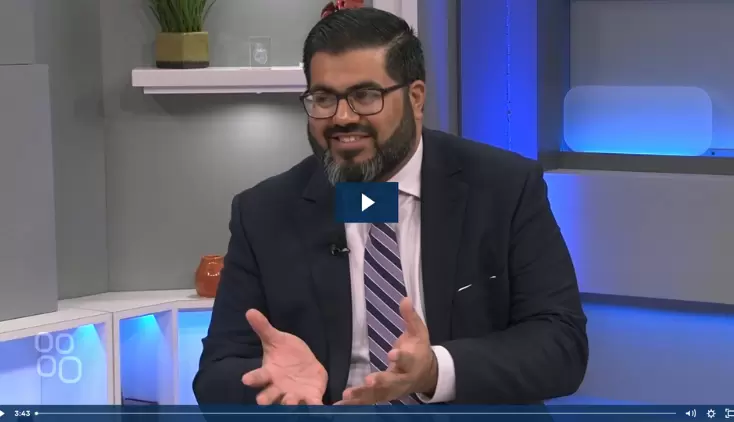Algorithms, Clinical Research & Data, IABP, AMI Cardiogenic Shock
Looking to Clinical Evidence in Cardiogenic Shock
William O’Neill, MD, discusses cardiogenic shock treatment in light of the lack of randomized, controlled clinical trial data for cardiogenic shock.
“There’s an inherent conflict of interest between the clinician and the scientist,” Dr. O'Neill emphasizes. He explains that clinicians facing the life and death situation of cardiogenic shock are not willing to randomize these patients to treatment. He describes an attempted study in 2007 where shock patients would have been randomized to either the Impella® heart pump or balloon pump, but physicians wanted to use their own training and experience and, as Dr. O’Neill states, “they really weren’t willing to toss the coin.” So, the study didn’t happen.
Dr. O'Neill explains that the approach he’s taken with the National Cardiogenic Shock group follows the manner in which the military handles battlefield trauma. He emphasizes that between the Korean War and the war in Afghanistan, there was an improvement in survival from traumatic injuries from about 60% to 95%. "There's no randomized trial. They realized that they had to get to people early, had to treat them early, and had to have definitive care. And we've taken that approach rather than trying to do randomized trials."
Dr. O’Neill explains that the cardiogenic shock guidelines laid out as part of the National Cardiogenic Shock Initiative (NCSI) study, identify AMI cardiogenic shock patients based on historical controls, manage patients following a defined protocol, collect data, and measure outcomes. “And we’ve shown that survival has increased from 50% in the previous balloon pump PCI experience to over 75%.”
Dr. O’Neill states that a lot of data is available from Inova, the NCSI study, the Impella® Quality (IQ) database, and the cVAD Study®. “So, I think that in the near future we’re going to have multiple, well-done, prospective registries, which is going to give us a very good evidence base for the use of hemodynamic support.”
He concludes by stating, “I think that probably the most important message is, if you really want to do something in your hospital, in your community, track your outcomes. How are you doing in shock? Rather than waiting to be spoon fed data from a randomized trial, look at your own outcomes.”
NPS-314


